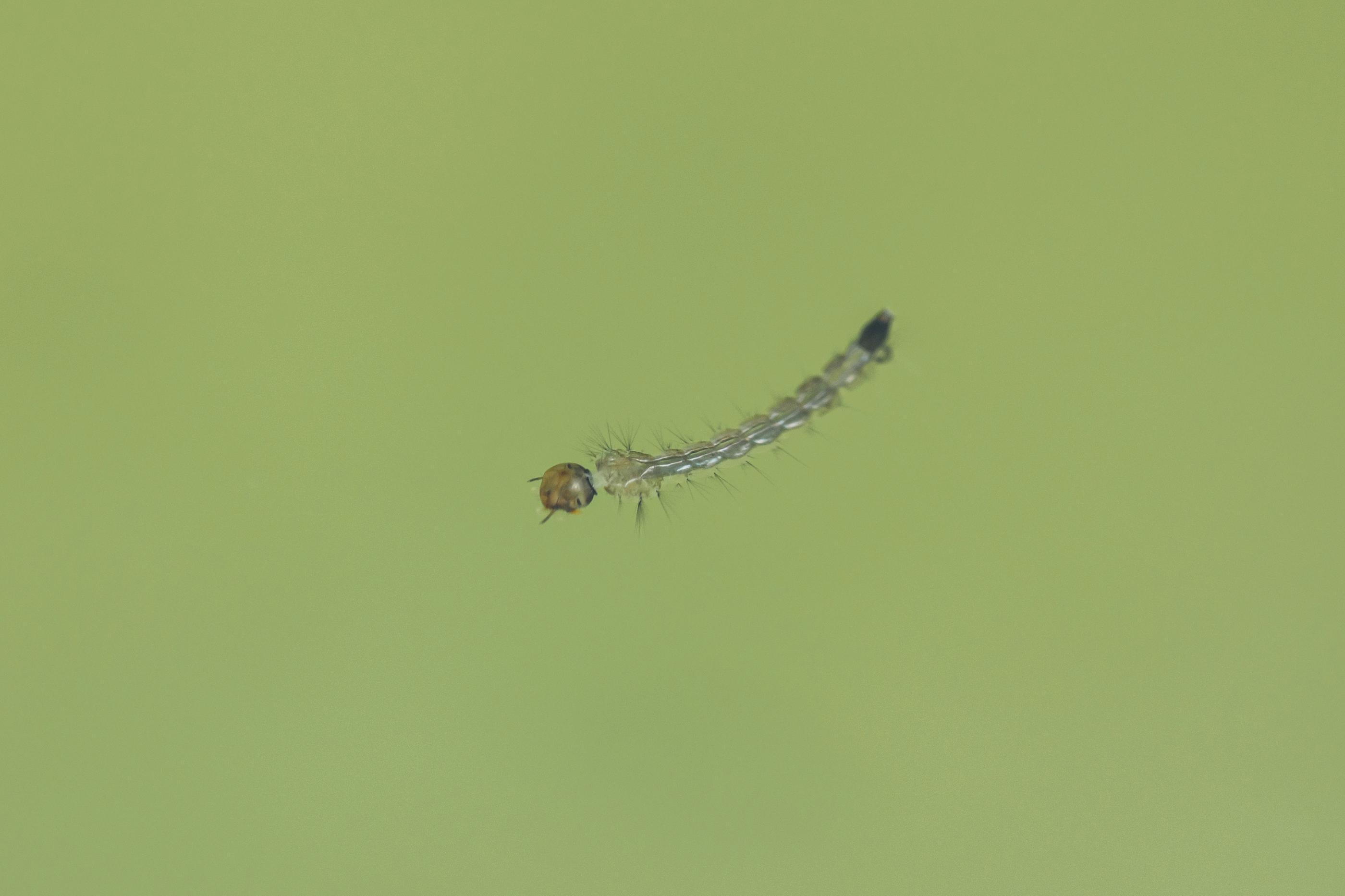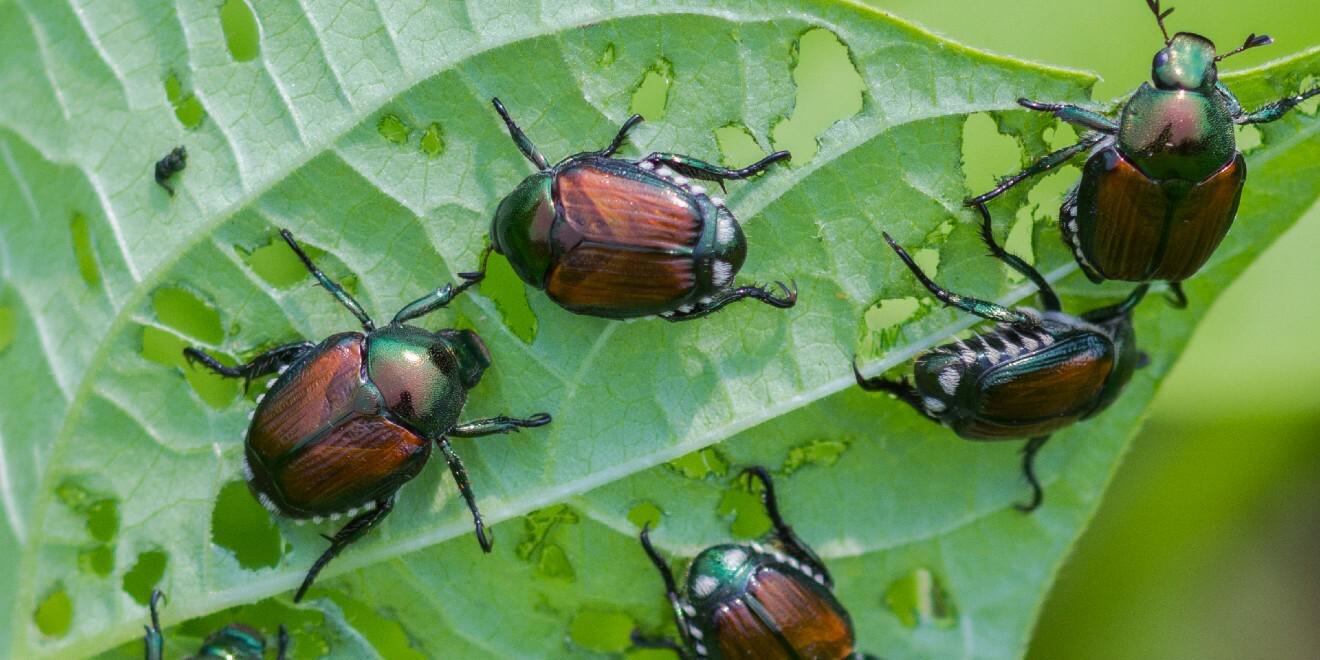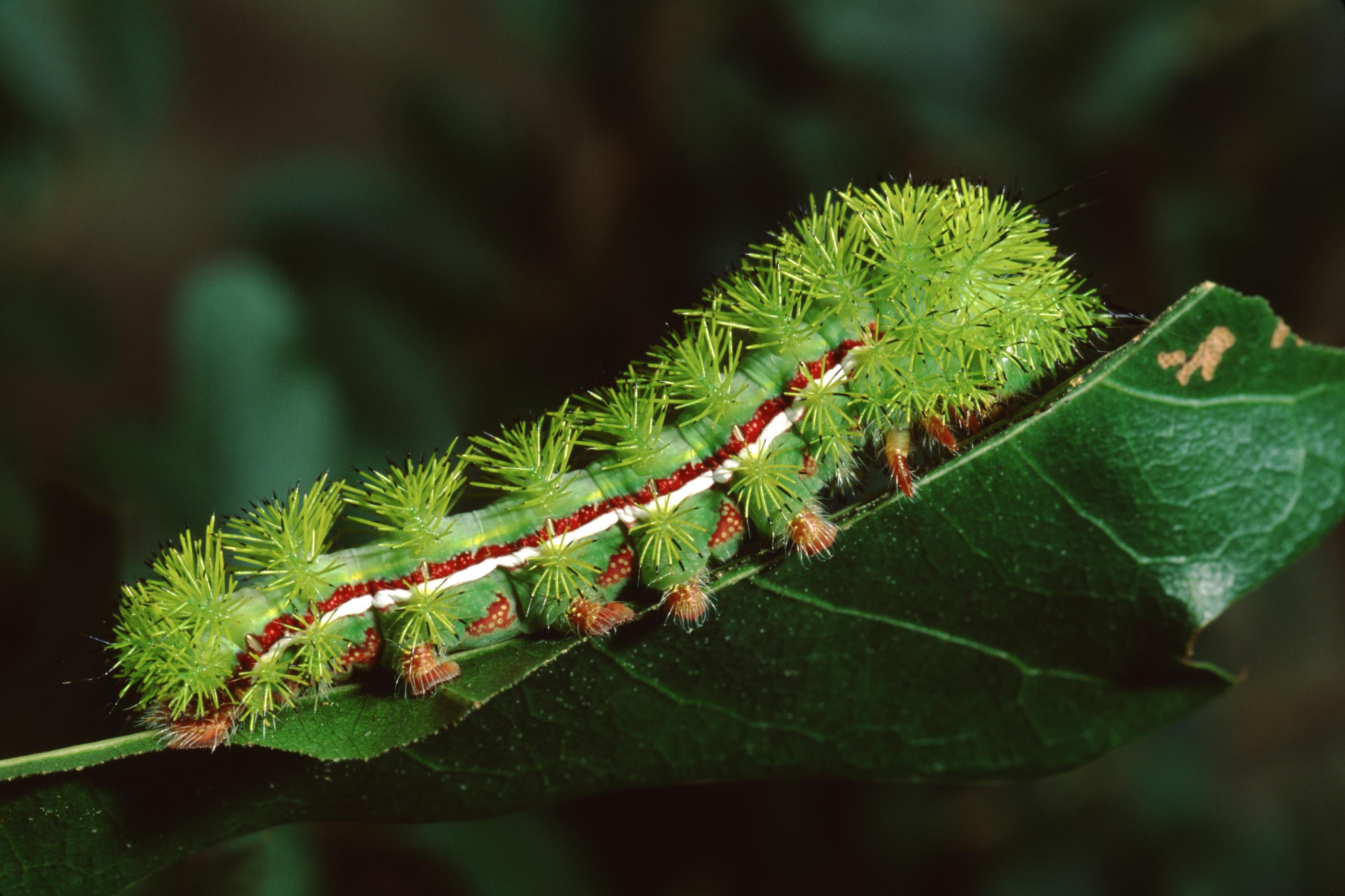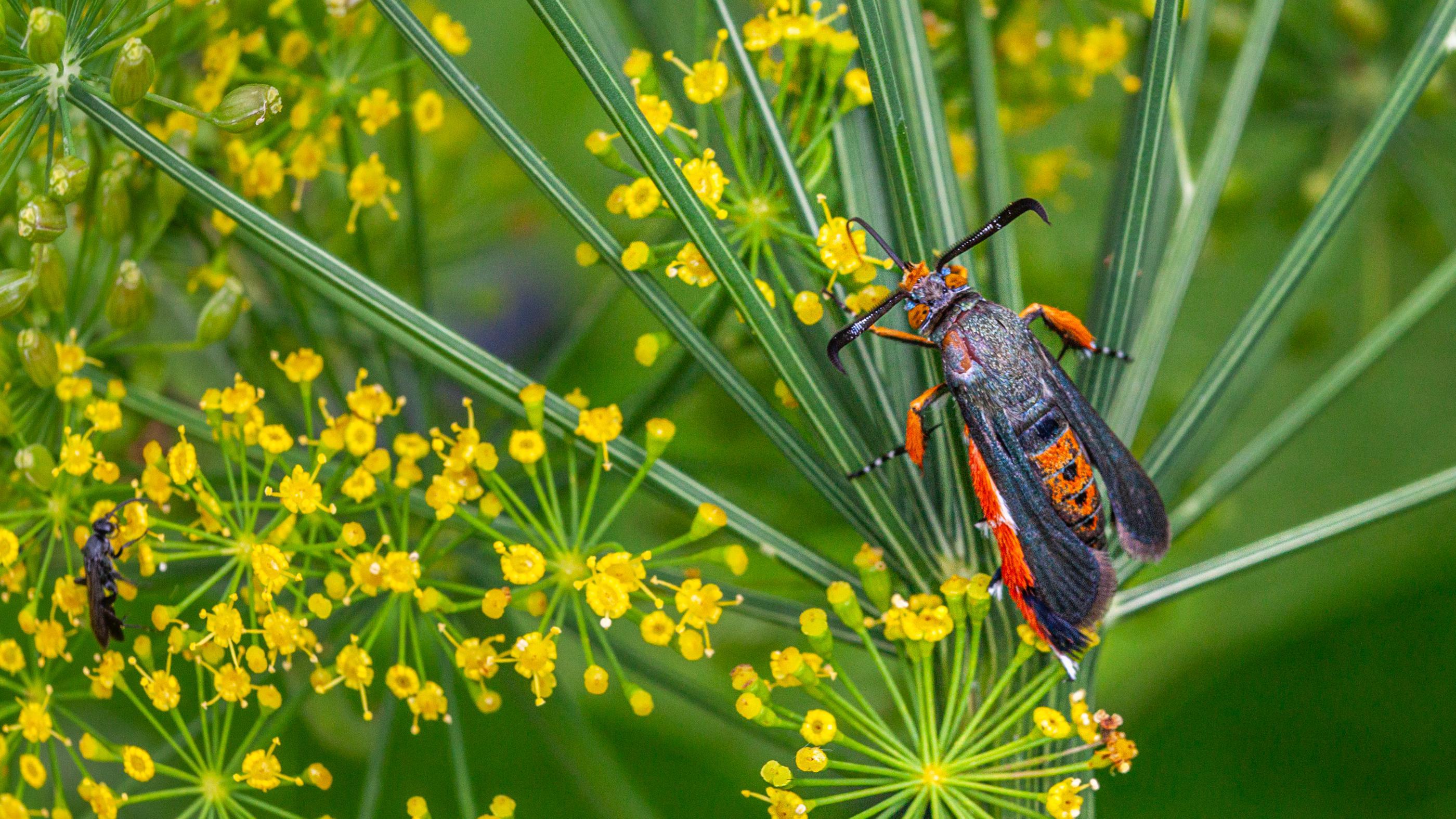West Nile Virus is a Mosquito-Borne Disease Threat Right Here in St. Louis
Posted by Mosquito Squad
December 20, 2023
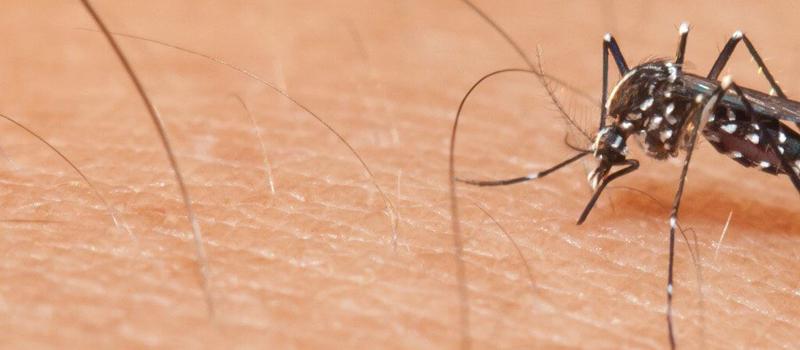
You might think of Malaria or Zika virus when the term mosquito-borne disease is mentioned. While those diseases might seem far off and removed from your local everyday life, there are mosquito-borne diseases you should be worried about right here in St. Louis. West Nile Virus or WNV is a virus spread by the bite of infected mosquitoes. Each year towards the end of summer, a few cases pop up, while many others never receive a proper diagnosis.
 In Missouri, you can help create public awareness when West Nile virus is present by reporting dead birds should you find a dead crow, blue jay, grackle, sparrow, hawk, or owl. West Nile virus is passed from bird to mosquito and back to birds again. The cycle is fast and steady between the two vectors. But when a mosquito bites a mammal, that is a dead-end host, meaning the next mosquito to bite that infected human will not become infected with WNV from biting the human.
In Missouri, you can help create public awareness when West Nile virus is present by reporting dead birds should you find a dead crow, blue jay, grackle, sparrow, hawk, or owl. West Nile virus is passed from bird to mosquito and back to birds again. The cycle is fast and steady between the two vectors. But when a mosquito bites a mammal, that is a dead-end host, meaning the next mosquito to bite that infected human will not become infected with WNV from biting the human.
How to Avoid West Nile Virus
The best way to prevent WNV is to avoid mosquito bites altogether. There is no way of knowing if a mosquito about to bite you is infected, so it is best to avoid mosquitoes entirely. And while the disease is most prevalent in the latter half of mosquito season, eliminating mosquitoes all season lowers mosquito populations exponentially for the best protection at the end of the season.
What are the Symptoms of West Nile Virus?
One of the dangers of WNV is that 80% of people who are infected with it never know because they don’t develop any symptoms at all. This fact tends to make people underestimate the virus. However, for the 1 in 5 who do get sick, the febrile illness is quite unpleasant. They’ll experience a combination of fever, headache, body aches, joint pains, vomiting, diarrhea, or a rash. They may feel weak for weeks or months but eventually will recover completely.
One out of 150 gets much worse though. Severe West Nile virus illness affects the central nervous system in the form of encephalitis or meningitis. (inflammation of the brain or the membranes that surround the brain and spinal cord.) Severe illness can present as high fever, headache, stiff neck, disorientation, coma, tremors, convulsions, muscle weakness, vision loss, numbness, or paralysis.
According to the CDC, severe WNV illness can occur in people of any age, but those over 60 and those with cancer, diabetes, hypertension, kidney disease or those who have received an organ transplant are at greater risk. Recovery can take weeks or months, but some might have permanent effects. And worse yet, 1 out of 10 who become severely ill won’t survive.
What is the treatment for West Nile virus?
There are no specific treatments or vaccines for West Nile virus. If you become severely ill, you should seek medical attention to control the symptoms.
West Nile virus might sound less than threatening compared to some of the world-wide mosquito-borne diseases that make the news regularly. But, keep in mind, a week off work for flu-like symptoms, is a huge disruption for most of us. Also, be aware of the people in your life who are in the high-risk category due to existing health conditions. You can help protect those you love by signing up for season-long mosquito control with Mosquito Squad of West St. Louis County for your home and property. Gain peace-of-mind, while also enjoying your backyard in great comfort all summer long!
Call today to learn more about our barrier treatment program and get a free quote for your property.

